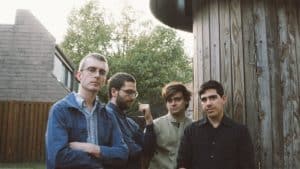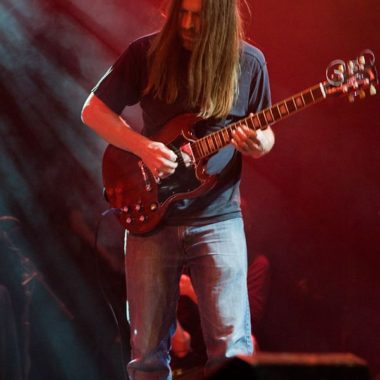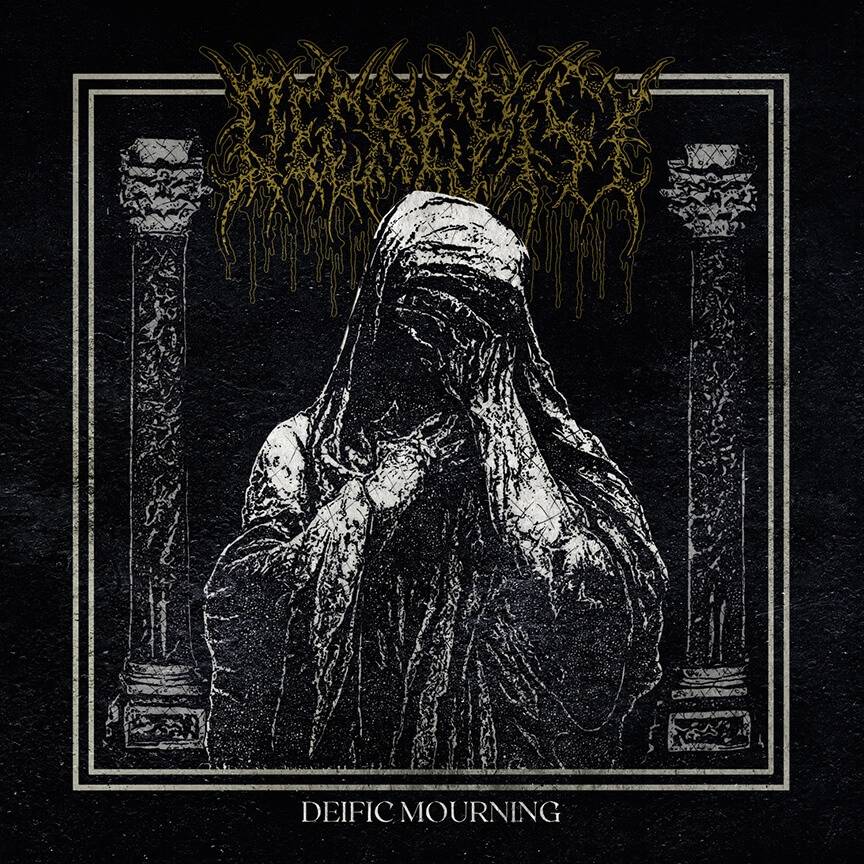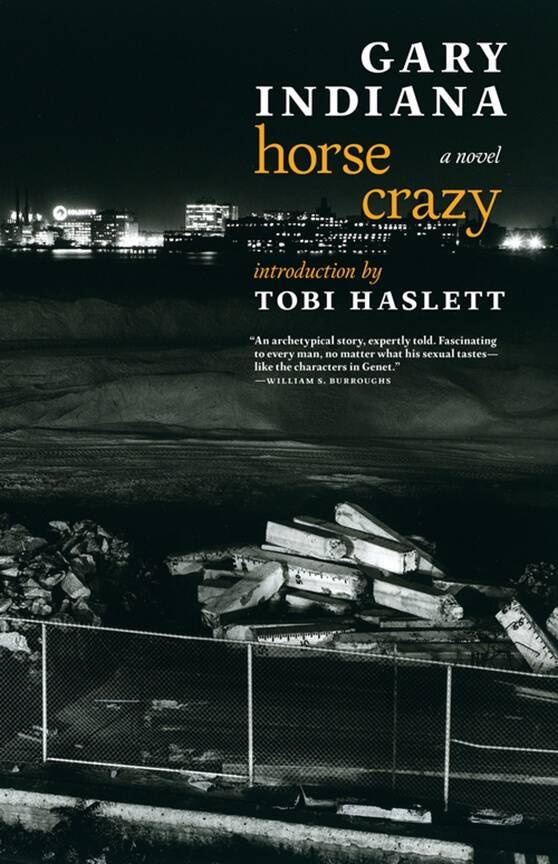Horse Lords: All Grown Up and Nothing to Prove
by Kurt Gottschalk
Horse Lords is a complicated beast. A likeable one but, well, it’s complicated. The Baltimore band doesn’t cling to any real notions of rock, but fits snugly alongside Battles, the Books, Zs and other such bands who might not be rock but pretty much are. Their own brand of rockishness masks the seemingly contrasting influences they talk about—Afropop, minimalism, post-minimalism, folk, blues, alternate tunings, electronica—except for sometimes, when this or that element rises to the surface. Horse Lords is probably the sort of band that would give you a long reply if you saw them on the street and asked how they’re doing? But since their first record in 2012, Horse Lords has also been a lot of fun. That long answer on the street would no doubt keep you listening, have you nodding and maybe occasionally laughing. Horse Lords are like that.
Despite all the streams running into their trough, though, Horse Lords has never seemed like a band out to prove anything, even when they’re folding recordings of political protests into their tracks. But with The Common Task, they sound for the first time like a band that isn’t out to prove anything, that isn’t wearing its influences on its collective sleeve.
But let’s back up a bit. What is Horse Lords? The eclectic four-piece is a classic rock line-up of guitar, bass, drums and sax that plays hypnotic, instrumental music. They generally follow the Rolling Stones school of mixing their records, without any member out front. That equality in EQ is important because Horse Lords sounds like a band. They’re all on equal footing. The saxophone isn’t a stand-in for a singer, it’s down in the grass like everyone else. And that particular mixological philosophy, in a sense, is what makes The Common Task their best record yet. All the ideas are successfully subsumed, the influences kept to the interior. Horse Lords now sounds more like Horse Lords than ever before.
The new album opens with a quick windup into a couple of chords that strike like Black Sabbath in technicolor but stalls there for a few seconds before inverting, doubling, redoubling, modulating and bifurcating the pattern. As ever, there’s a fantastic precision at play in “Fanfare for Effective Freedom” and an enjoyable playfulness in the precision. An infectious groove populates “People’s Park,” the album’s lead-off single, which comes with a charming ice-skating video. But they’re most satisfying when they sprawl, and the closing “Integral Accident” slowly pushes its way past 18 minutes of granular grandeur. The foursome plays Union Pool on March 14 (Pi Day!) and the Bang on a Can Long Play festival May 1 (May Day!) before heading off for dates in Europe.











